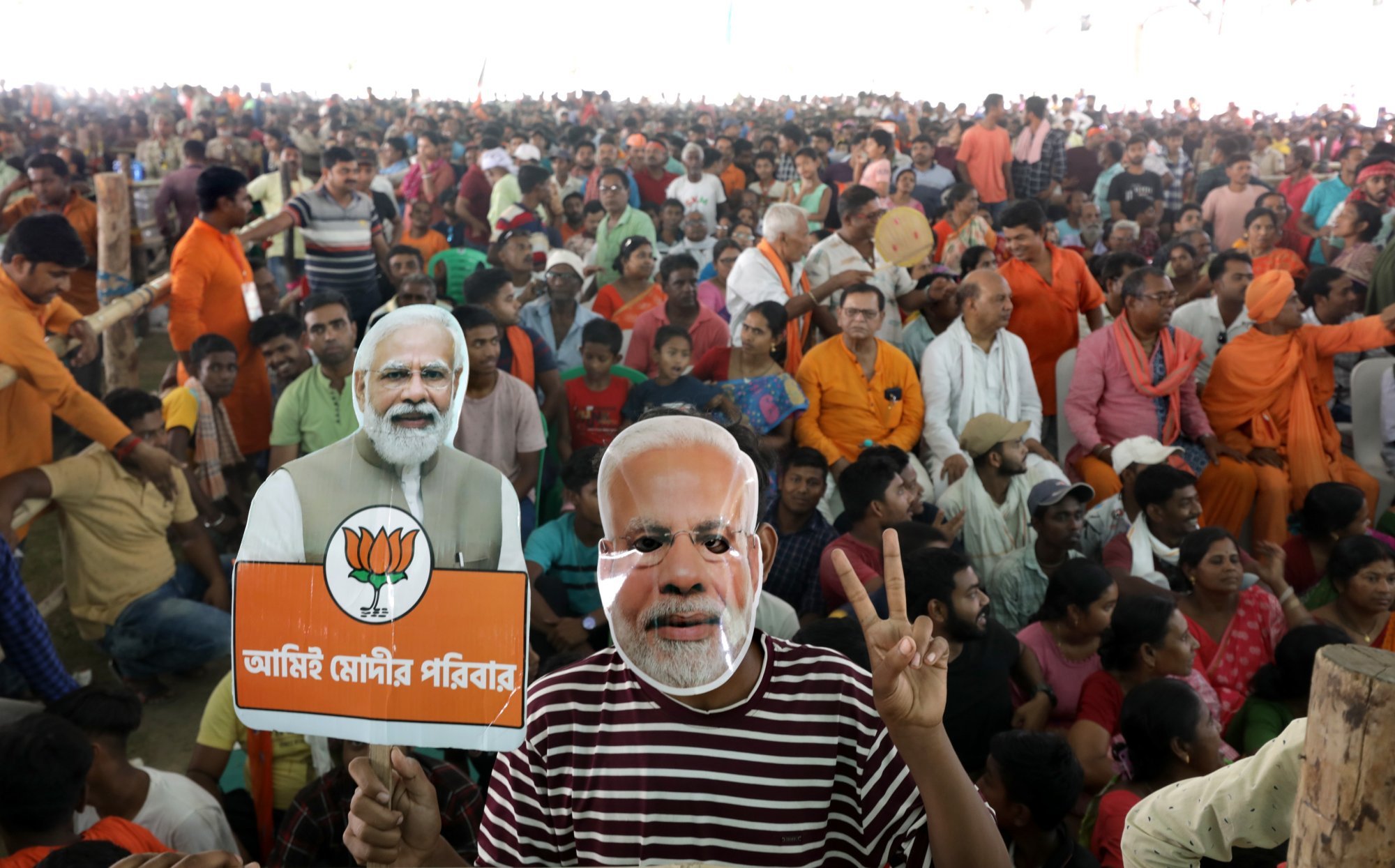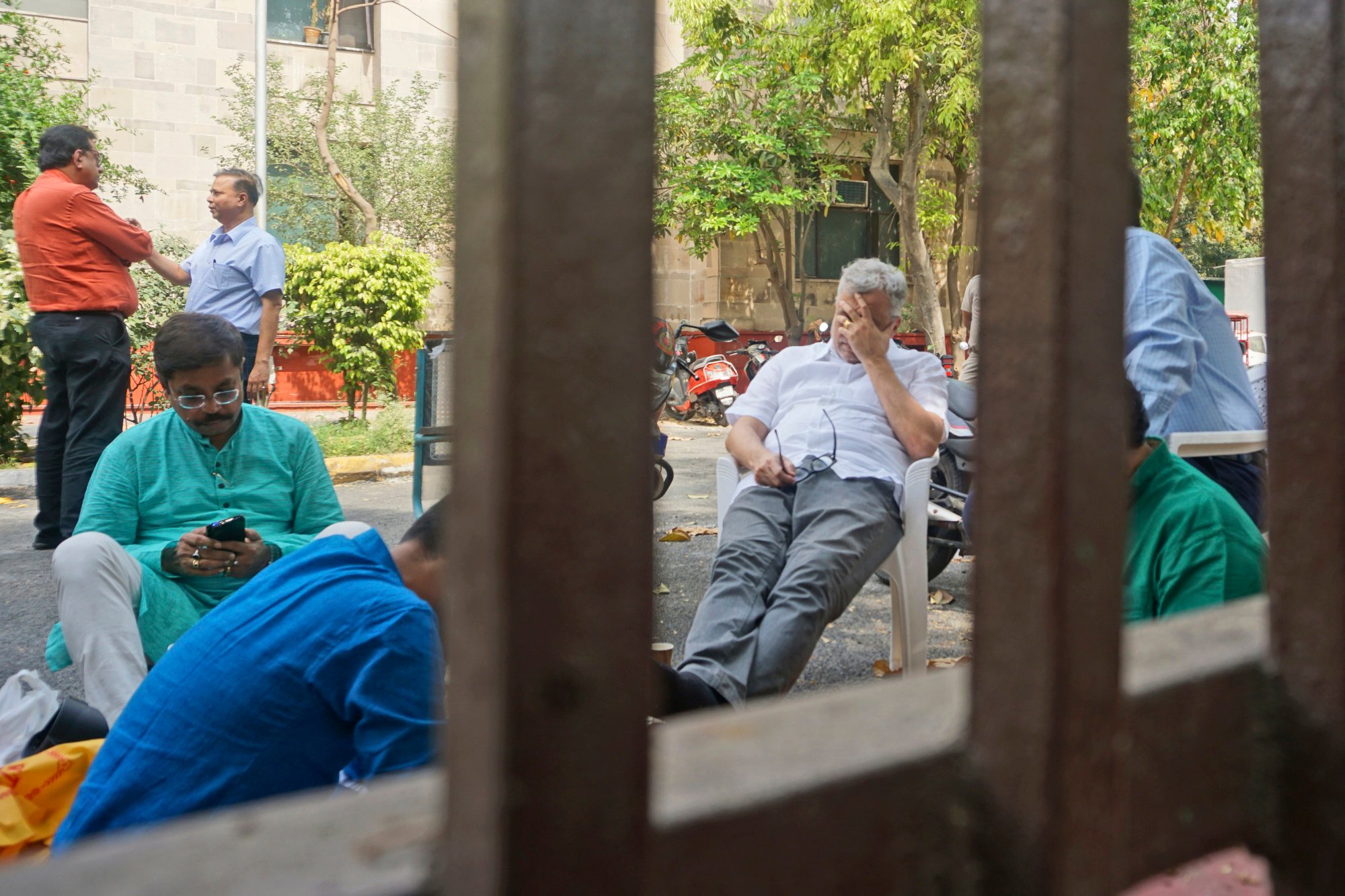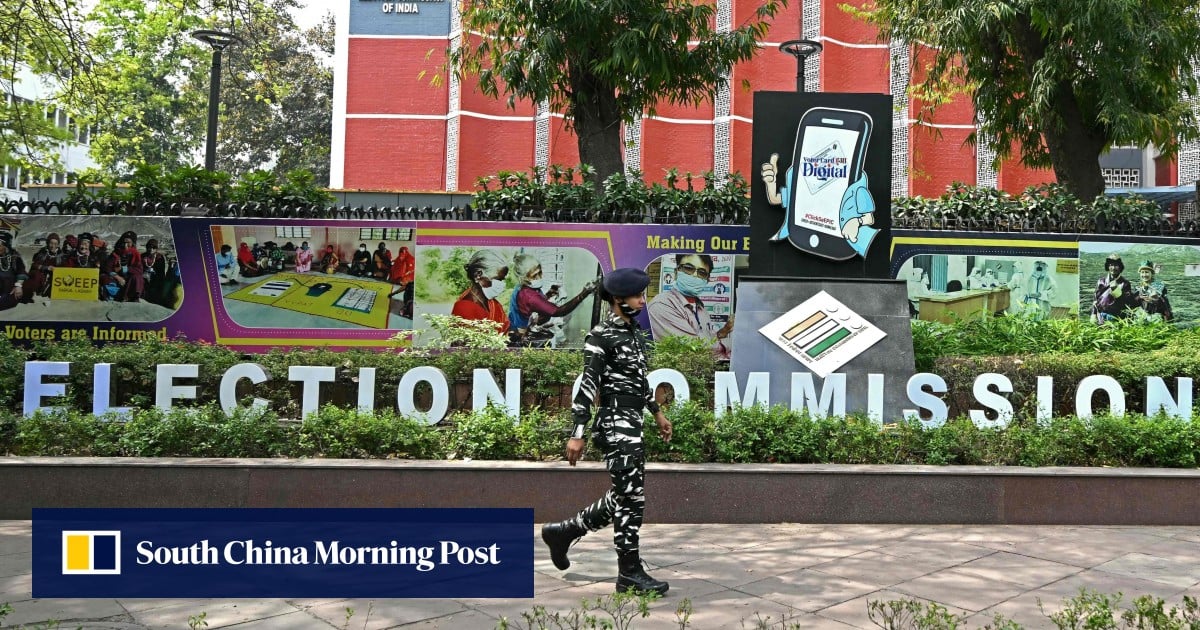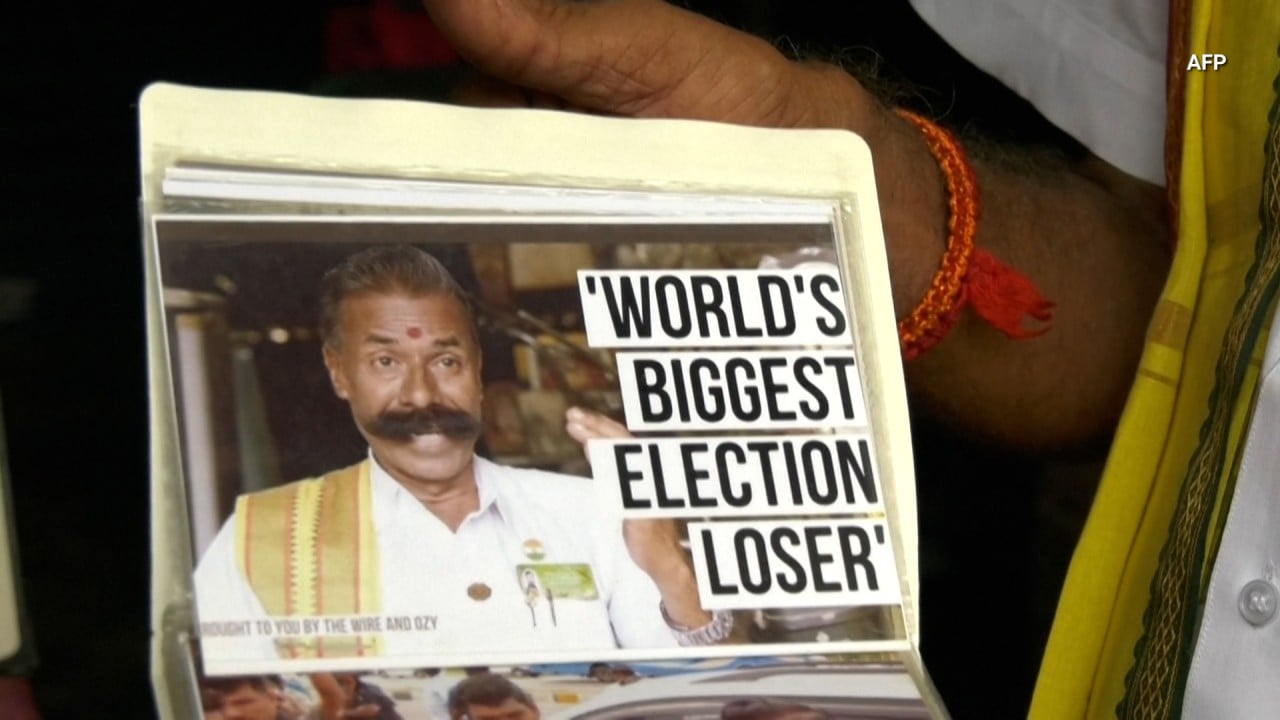Chief election commissioner Rajiv Kumar over the weekend said the invitation to international observers aimed to foster transparency and showed India’s commitment to high standards of electoral practices.
“This is in line with our established policy of disclosure, working from the position of strength that we have nothing to hide.”
The delegates represent various election management bodies and organisations from 23 countries, including Bhutan, Mongolia, Australia, Madagascar, Russia, Nepal, Sri Lanka, the Maldives and Namibia.
Lawmaker Saket Gokhale from the All India Trinamool Congress said on social media platform X, on May 4 that the commission was “supervising and encouraging the complete destruction of a fair electoral process built over decades”.

Just weeks before the start of the general election on April 19, an election commissioner resigned without reason, while another retired. Modi’s government acted swiftly, filling the vacancies within days, a move that may come under scrutiny by the country’s top court.
Since the BJP’s second term win in 2019, analysts have questioned the independence of the election commission. Political parties and civil society figures have pointed out numerous instances in which the supposedly independent institution was accused of bias towards the ruling party.
Critics noted the election commission only took action days after facing strong criticism about his actions violating campaign standards. The commission eventually sent a letter – not to Modi, but to the BJP’s president – stating the need to adhere to campaign rules.
Arati Jerath, a journalist and political analyst, said there was a trend of diminishing public trust in the election commission, referring to a pre-poll survey this year by the Centre for the Study of Developing Societies that indicated a significant drop in confidence in the commission between the 2019 and 2024 elections.
Jerath criticised the commission’s failure to address divisive speeches and delays in releasing voting data. Media headlines about inflammatory speeches and unresponsiveness have also undermined the commission’s credibility in a way that foreign observers would not alleviate, she added.
Lawmaker and senior opposition leader Derek O’Brien said the role of the commission was “extremely compromised”.
During the first two phases of this year’s election, the commission delayed the announcement of voter turnout percentages.
“The 11-day delay in releasing the final voter turnout percentage without any proper explanation sparks serious doubts in the minds of the electorate.”
His party, the All India Trinamool Congress, on Monday wrote to the commission to seek an explanation for the delay.
“The commission’s failure to address such discrepancies will undermine public trust in the electoral process,” the letter said.

The commission’s inaction towards Modi’s anti-Muslim rhetoric was evidence of its failure to uphold its independence, said Sanjay Jha, an author and former spokesman for the Congress party.
“The commission should have banned Modi from contesting the elections and stopped him from making any further public campaign.”
Jha emphasised the need for the new government to establish a mechanism of selecting election commission members to ensure their independence.
Election bodies in the region have also faced accusations of political bias, with Bangladesh’s Nationalist Party boycotting its election this year due to lack of trust in the election body.
Pakistan’s jailed former prime minister Imran Khan repeatedly called for the resignation of the country’s chief election commissioner over allegations of widespread vote rigging during the February general election.
Both Pakistan and Bangladesh allowed foreign delegates to observe their elections.
Using Pakistan as an example, Jha emphasised the vulnerability of electoral systems to manipulation due to unchecked political interference.
“The Pakistan example should be a lesson to every country, especially in our part of the universe, that elections are subject to manipulation if political interference is unregulated.”


